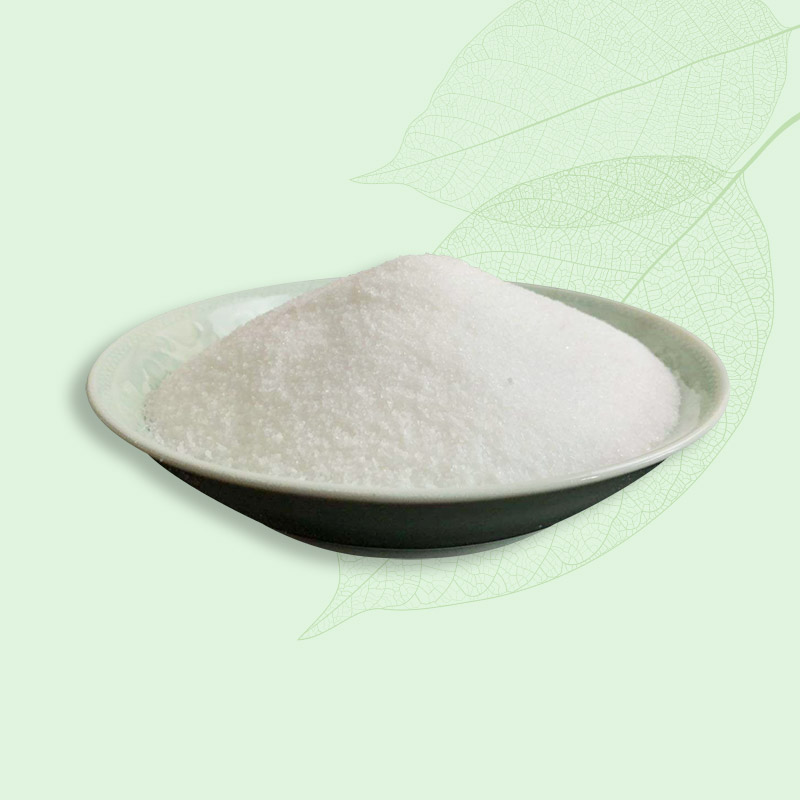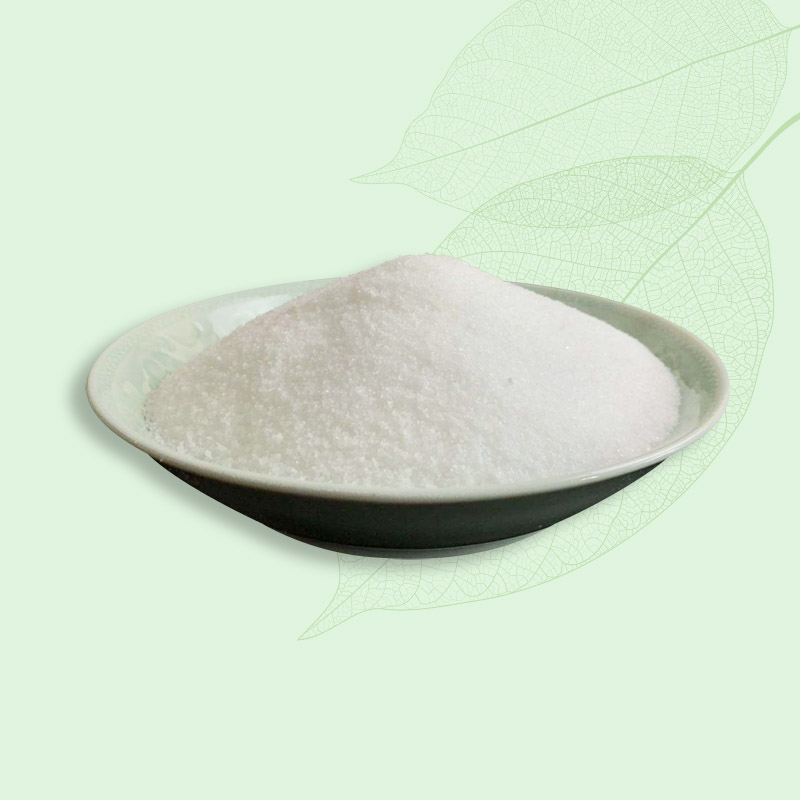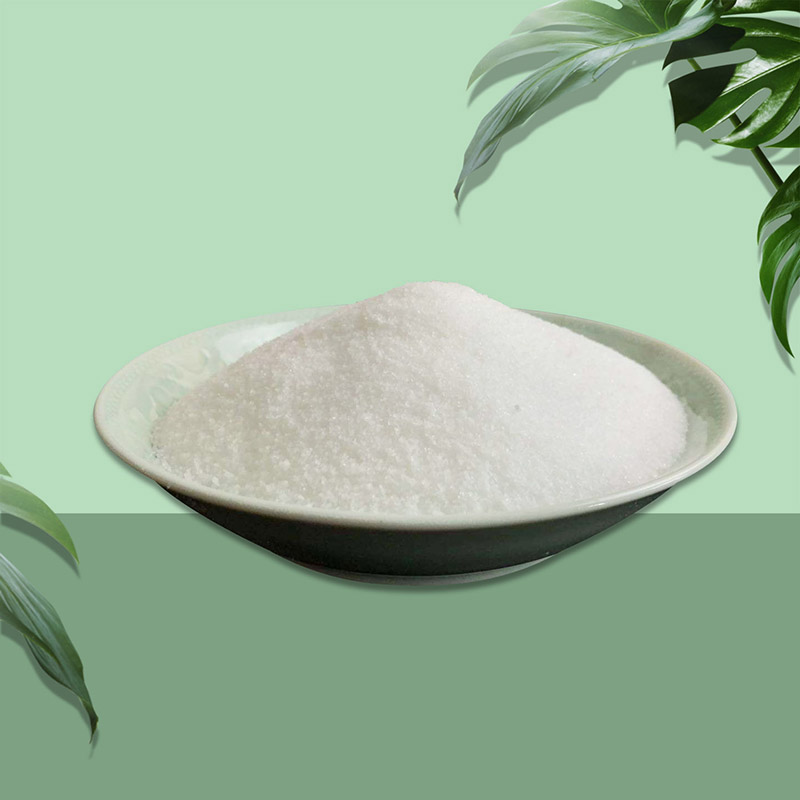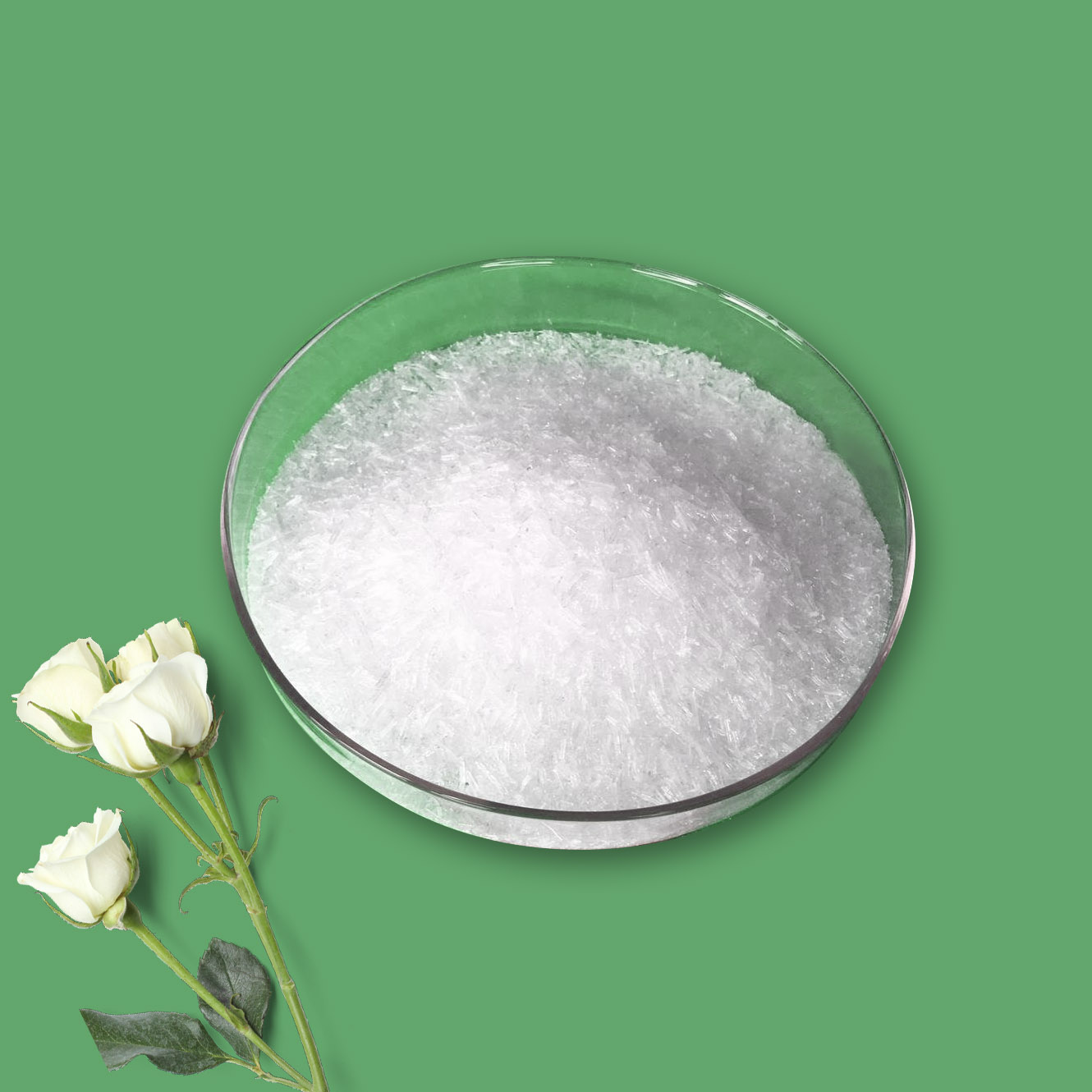Calcium carbonate is an inorganic compound with the chemical formula CaCO₃, commonly known as limestone, limestone, stone powder, etc. Calcium carbonate is alkaline, basically insoluble in water but soluble in hydrochloric acid. It is one of the common substances on the earth. It exists in aragonite, calcite, chalk, limestone, marble, travertine and other rocks. It is also the main component of some animal bones or shells. Calcium carbonate is also an important building material and has a wide range of industrial uses.
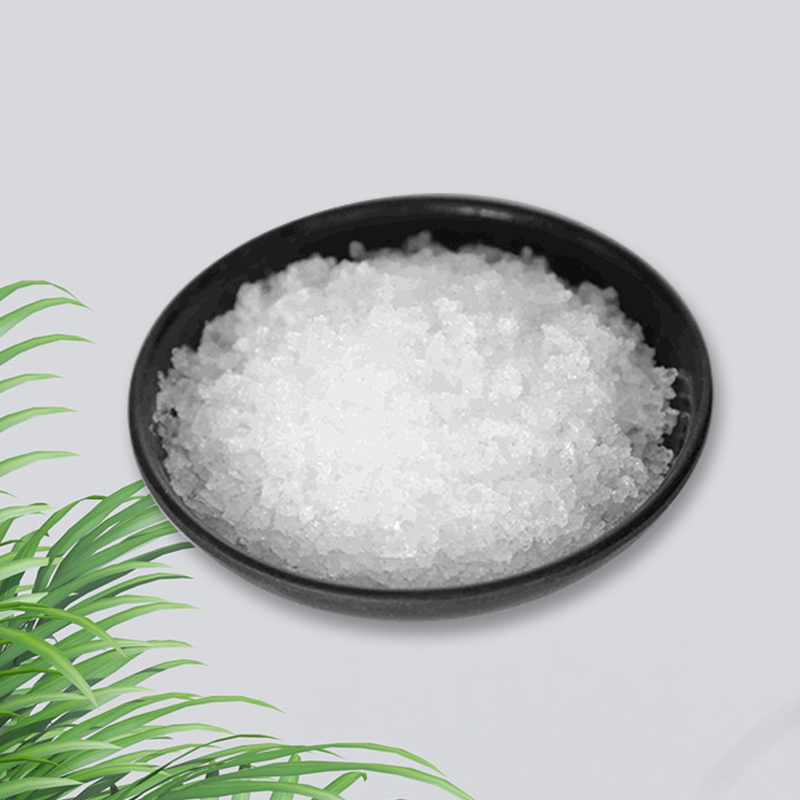
Physical properties
White fine crystalline powder, tasteless and odorless. There are two forms: amorphous and crystalline. The crystal type can be divided into orthorhombic crystal system and hexagonal crystal system (anhydrous calcium carbonate is colorless orthorhombic crystal, hexahydrate calcium carbonate is colorless monoclinic crystal), which is columnar or rhombic, and its density is 2.93g/cm3 . The melting point is 1339°C (decomposed at 825-896.6°C), and the melting point is 1289°C at 10.7MPa. Hardly soluble in alcohol, soluble in ammonium chloride solution, almost insoluble in water.
Chemical nature
1.
Calcium carbonate decomposes into calcium oxide and carbon dioxide at 825-896.6°C. (Industrial production of CO₂):
2. Calcium carbonate will boil and dissolve with dilute acids (such as dilute acetic acid, dilute hydrochloric acid, dilute nitric acid, etc.). The reaction also emits carbon dioxide, which is an exothermic reaction. For example: react with dilute hydrochloric acid to produce calcium chloride, water and carbon dioxide (CO₂ produced in the laboratory):
3. If the water mixed with CaCO3 is passed into excess carbon dioxide, calcium bicarbonate solution will be generated. Calcium carbonate reacts with carbonic acid solution (rainwater) to produce calcium bicarbonate. Pour CO2 into the turbid lime water, and the precipitation disappears.
4. Anhydrous calcium carbonate is heated to 1000K to transform into calcite.
 English
English  简体中文
简体中文  Español
Español  Português
Português  русский
русский  Français
Français  日本語
日本語  Deutsch
Deutsch  tiếng Việt
tiếng Việt  Italiano
Italiano  Nederlands
Nederlands  ภาษาไทย
ภาษาไทย  Polski
Polski  한국어
한국어  Svenska
Svenska  magyar
magyar  Malay
Malay  বাংলা ভাষার
বাংলা ভাষার  Dansk
Dansk  Suomi
Suomi  हिन्दी
हिन्दी  Pilipino
Pilipino  Türkçe
Türkçe  Gaeilge
Gaeilge  العربية
العربية  Indonesia
Indonesia  Norsk
Norsk  تمل
تمل  český
český  ελληνικά
ελληνικά  український
український  Javanese
Javanese  فارسی
فارسی  தமிழ்
தமிழ்  తెలుగు
తెలుగు  नेपाली
नेपाली  Burmese
Burmese  български
български  ລາວ
ລາວ  Latine
Latine  Қазақша
Қазақша  Euskal
Euskal  Azərbaycan
Azərbaycan  Slovenský jazyk
Slovenský jazyk  Македонски
Македонски  Lietuvos
Lietuvos  Eesti Keel
Eesti Keel  Română
Română  Slovenski
Slovenski  मराठी
मराठी 

